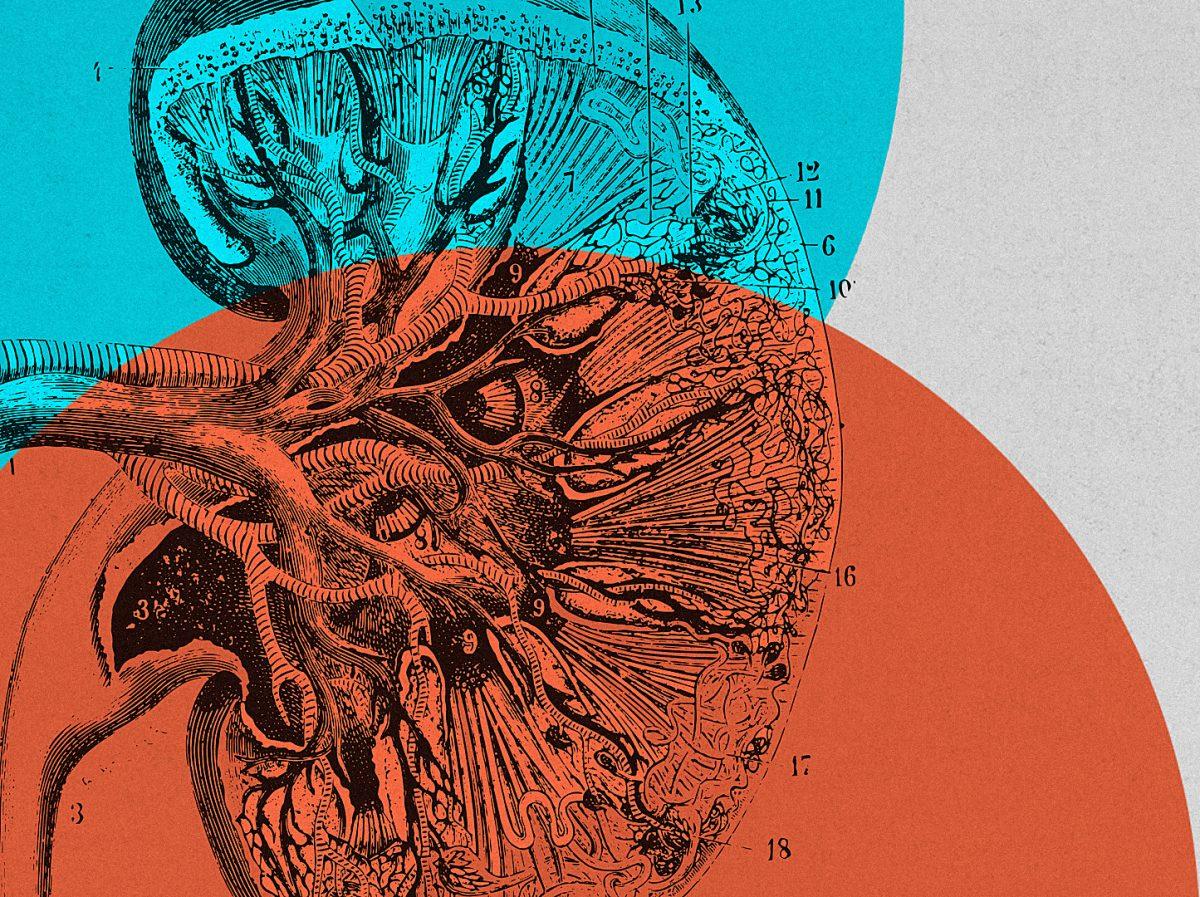An experimental procedure in the medical field may allow anybody to receive a kidney transplant from any other person. Usually, the waiting list for an organ transplant consists of thousands of people. Even once a person’s name has reached the top, there is no guarantee that the next available kidney will be one that is compatible with their body. For those in kidney failure, dialysis, a procedure that cleans the blood, needs to be done several times a week until a compatible donor organ becomes available. Dialysis is invasive, time consuming and very expensive. Unfortunately, for many people this becomes their reality for the rest of their lives.
It is estimated that 20 to 50 percent of people on the kidney waiting list have antibodies in their blood that would attack a transplanted kidney and make it difficult or impossible for a transplant to occur. These are very specific antibodies called Human Leukocyte Antigen antibodies, or HLA antibodies. They are inherited from parents and vary from person to person. If the antibodies do not match, there is a high risk of organ rejection after a transplant.
Possibility of rejection is one of the many issues associated with organ transplants. There are drugs that suppress the immune system so that the body will not reject an organ, but they put people at risk for catching infectious diseases and are not always successful. The new procedure, developed by Dr. Dorry Segev and a team at the Johns Hopkins University School of Medicine, works more directly by changing the entire immune system of the person receiving the transplant. It is called desensitization.
The first step of desensitization is to filter all of the current antibodies out of a person’s bloodstream. Filtering antibodies is dangerous because many antibodies are necessary to fight disease. Therefore, the next step is to replenish the immune system with an infusion of antibodies that will temporarily protect the body. Then, over time, the body’s white blood cells regenerate their own antibodies. Though researchers are not clear on the reason, these regenerated antibodies are not as likely to attack donor organs. Further research is being done to address why the regenerated antibodies allow for a more successful transplant.
If the desensitization process is not successful, there is a drug that can be given to patients that will kill off the white blood cells producing the antibodies that could attack the donor kidney. This would stop the production of more of the harmful HLA antibodies.
The study that was done to test the desensitization procedure lasted eight years. The 1,025 people in the study were more likely to still be alive at the end of the eight years than those who do not receive such a treatment. However, not all of them even made it far enough on the waiting list in eight years to get a transplant.
The lack of transplants for some patients may have to do with the procedure’s drawbacks. Because desensitization must be done a few weeks before receiving a kidney transplant, the organ donor must be alive. Therefore, any organs that become available due to car accidents or other deaths of organ donors do not help those whose bodies may reject an organ without desensitization. What the procedure may help to solve, however, is the issue of incompatibility. Oftentimes, a person’s family member or spouse will offer to donate a kidney for them. In the past, if an organ was deemed incompatible, the procedure could not be carried out, however, desensitization makes the procedure a possibility.
Going forward, desensitization may become more mainstream in the medical field. The Johns Hopkins study is an indicator of its success and it may lead to people living longer, higher-quality lives. It may be that the procedure can be applied to situations of other organ transplants in the future. It could begin a new wave of compatibility studies aimed at saving lives.







